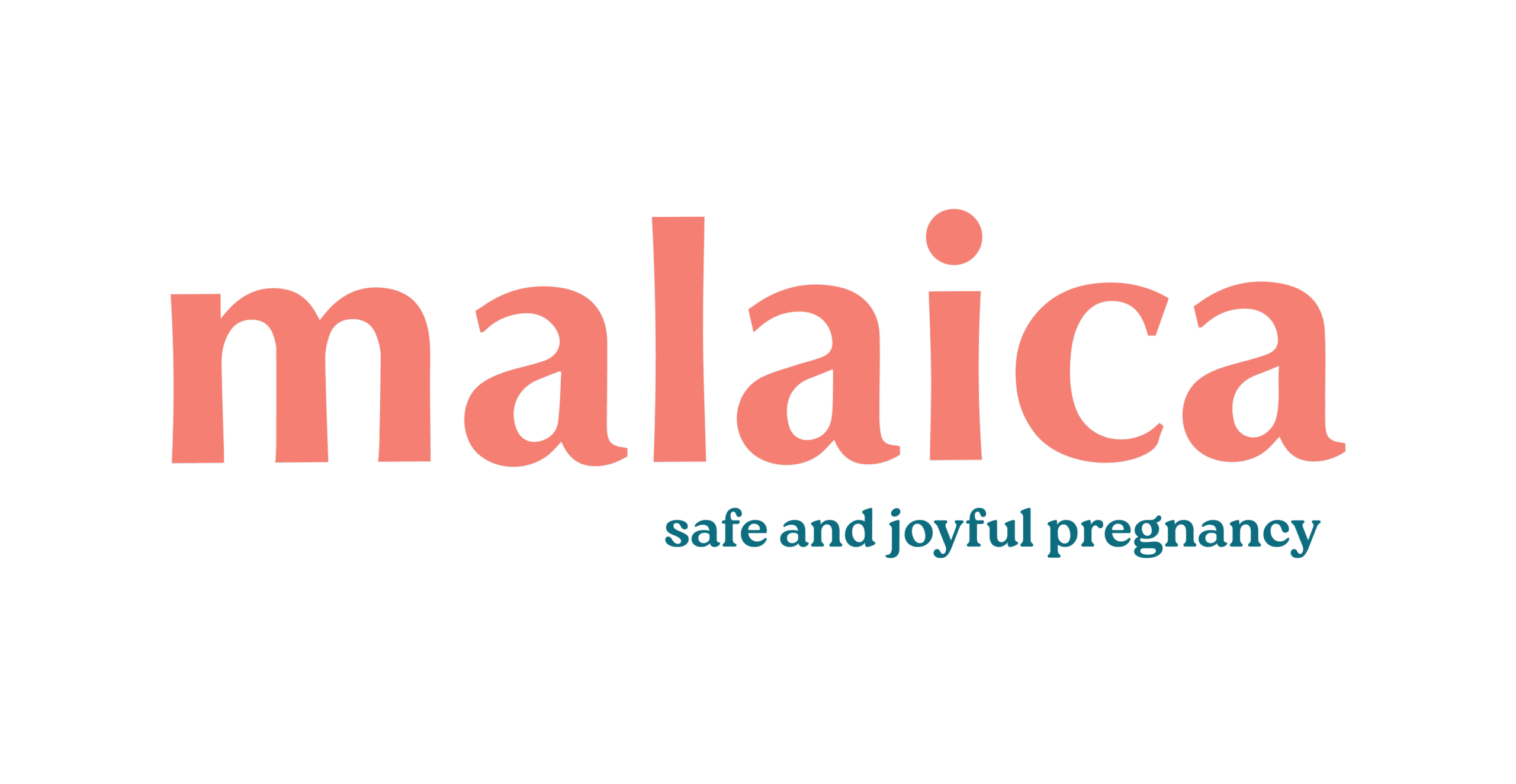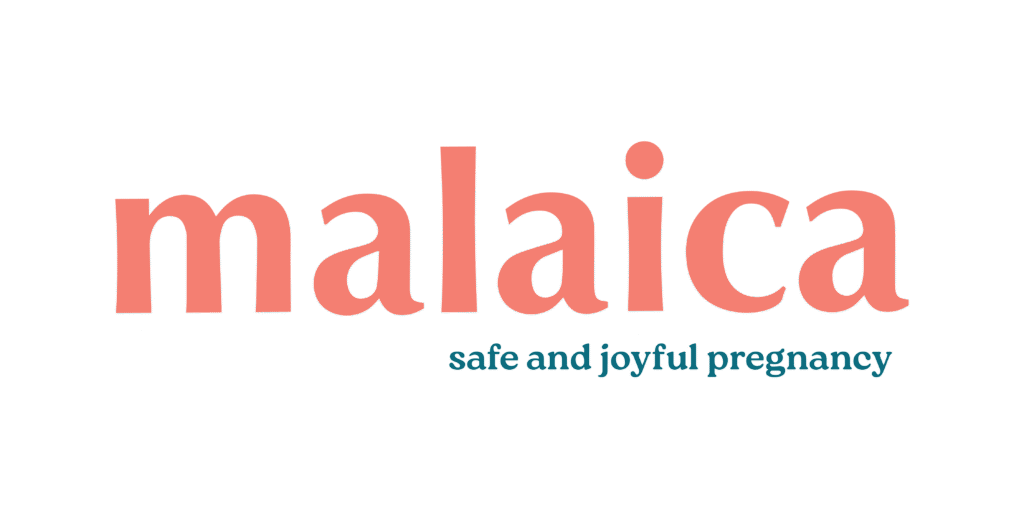One of the times in your pregnancy that you might not feel your best is when trying to get some sleep. The National Sleep Foundation conducted a poll in 1998 of pregnant women. They concluded that an average of 78% of women reported sleep disruption. That’s a truly large number that should not be ignored.
Why Aren’t You Sleeping?
The first thing you need to do is pinpoint the reason why you aren’t sleeping at night. Of course, if you are in your third trimester it may be due to being physically uncomfortable. Pain while sleeping isn’t fun. This can be eased with something as simple as a highly recommended firm mattress.
Still, let’s take a little look at the problems you might be having when you are trying to sleep.
Snoring
Snoring can be a sign of a great problem with your sleeping pattern. It could be due to just a bad sleeping position and nothing more, or, you could be suffering from sleep apnea. This is a sleep disorder that interrupts the breathing of the sleeper throughout the night.
Sleep apnea is aggravated by weight gain, and odds are, you have gained some weight if only the pounds of the baby you are carrying. If you suspect you have this problem get in to see your doctor talk about ways to remedy this. Health problems like gestational diabetes and high blood pressure have been associated with sleep apnea.
Awake All Night
Maybe you are at the point of wishing you would start snoring because that would mean you were actually sleeping, which you are not. This is a clear sign of insomnia, which is defined by having a hard time falling asleep or staying asleep once you get there. If you wake up too soon and constantly feel untested then you may have insomnia.
It is important to note that quite a few pregnant women will feel groggy during their second and third trimesters. So, it is best to consult your doctor before you diagnose yourself with any ailment. Insomnia can lead to serious problems in your pregnancy if you continue to allow it to rob you of your sleep.
Stress about going through labour or the delivery itself can lead to insomnia. Any worrying could steal your sleep from you and your baby. You may not be stressed but just the sheer uncomfortable feeling of a large living baby inside your body could be the reason why you are having trouble.
Acid Reflux
This is also known as gastroesophageal reflux disease, or GERD, and is another common ailment that pregnant women continually experience. GERD can also cause a loss of sleep because the discomforts associated with it can keep you awake. Adding another level to the seriousness of GERD, if left untreated, your oesophagus can be seriously damaged while you sleep.
Needing to Urinate
Continually getting up during the night to empty our bladders is another way pregnant women can lose their precious sleep. The bladder volume usually reduces during pregnancy as the baby usually presses on it.
Restless Leg Syndrome
RLS is a disorder when a person’s legs have a constant tingly or vibrational feeling running through them. For some pregnant women, RLS can increase when they are in bed. Sometimes this irritating feeling could be relieved when you stretch or get up and walk around. Resting leg syndrome can also be an indicator of a lack of various nutrients hence if it keeps reoccurring it is prudent to consult your doctor.
What You Can Do
There are plenty of prescription drugs that could help any number of these problems, but most of them will not be allowed because of the life growing inside of you. Never fear though, there are natural ways in which you can help yourself fall asleep. Here is a checklist of some things you can try.
- If you must take a nap, then try to keep them to the earlier part of the day. Taking a nap too close to bedtime could disrupt your natural sleeping pattern.
- If you notice that your breaths are being interrupted while you sleep then you may have sleep apnea. See your doctor to check your urine protein and blood pressure to be on the safe side. Swollen ankles or headaches could be a red flag.
- RLS can also be the result of folate or iron deficiency. Talk to your doctor about checking your levels and possible supplements.
- Get some exercise. Just 30 minutes could help you sleep better. Be sure to check with your doctor before starting any type of exercise routine.
- Try sleeping on your left side. This sleep position is always recommended for pregnant women because it can help ease the flow of blood and nutrients travelling toward your kidneys, uterus, and baby. When in this position, put a pillow between your knees and bend them. Bend your hips too. This can help distribute weight and alleviate pressure on your lower back
- Don’t lay on your back for too long, also make your sleeping space comfier and get a nice mattress.
- Stick to a sleeping schedule. Our bodies love a good routine and thrive within these boundaries.
- Keep hydrated with water throughout the day but stop drinking it a few hours before you hit the sack. Otherwise, you might spend the night running back and forth from the bathroom.
- As for food, avoid spicy, fried, or meals heavy in acid. Also, try to eat small meals during your day as opposed to large meals.

Conclusion
Bringing a new life into the world is an immense responsibility and an experience that can’t be compared to anything else. We know you want to do this the right way, which includes getting the sleep you and your baby require for a healthy pregnancy. These tips should help you find the rest you are looking for.


